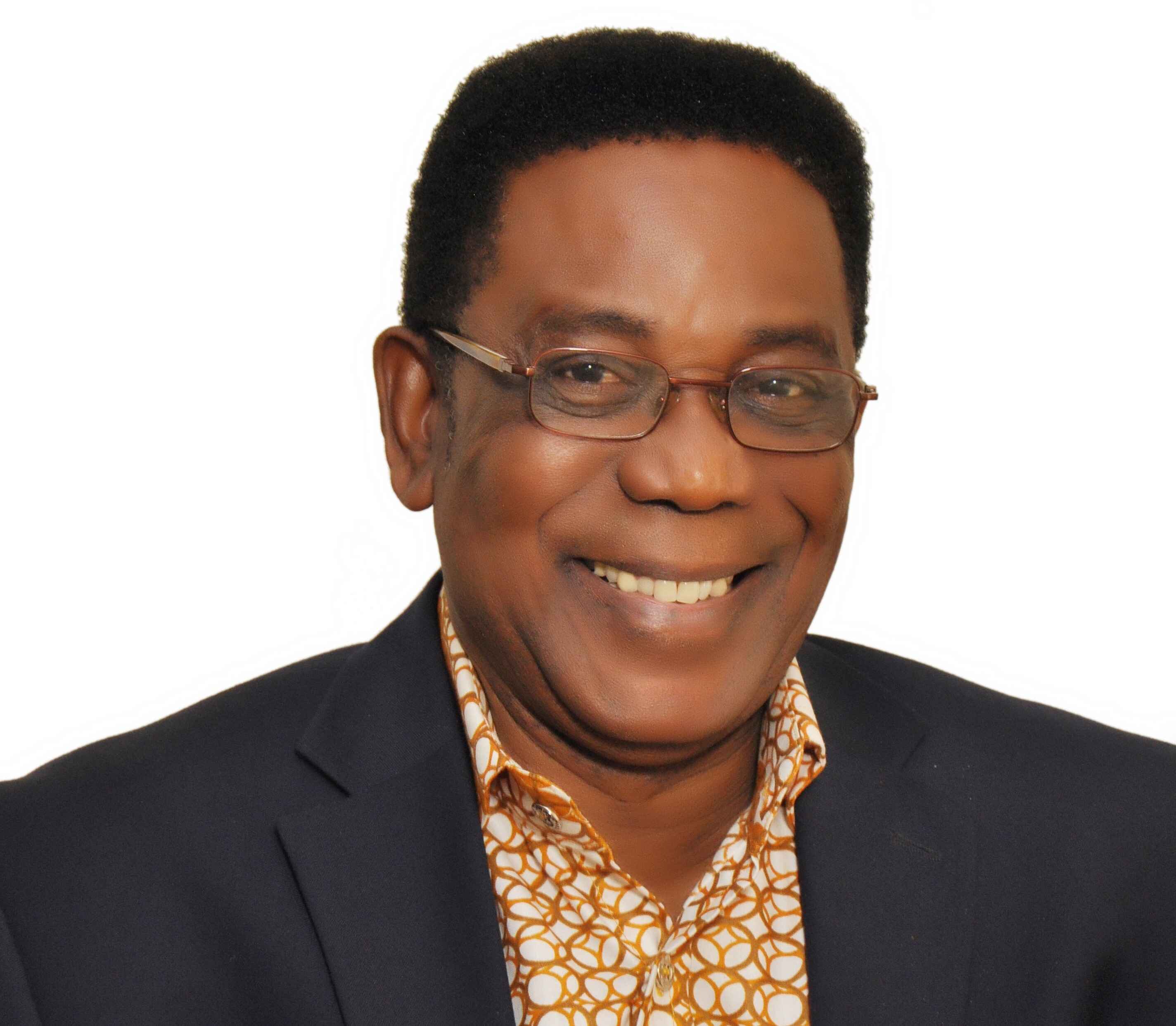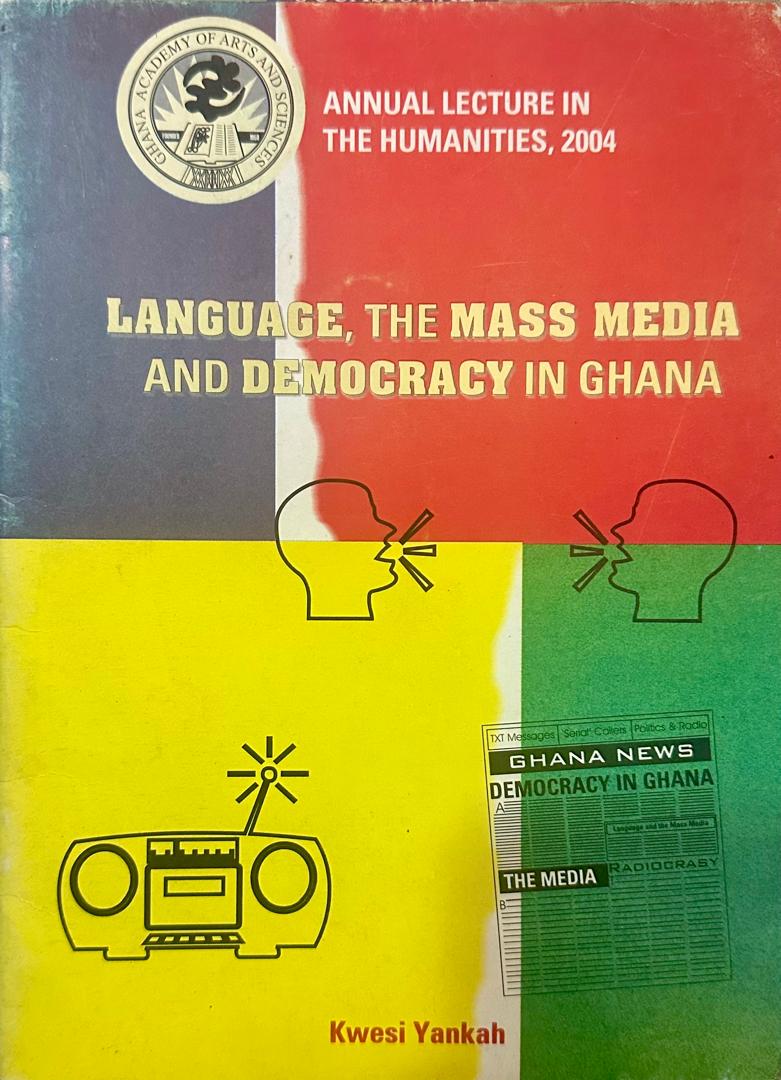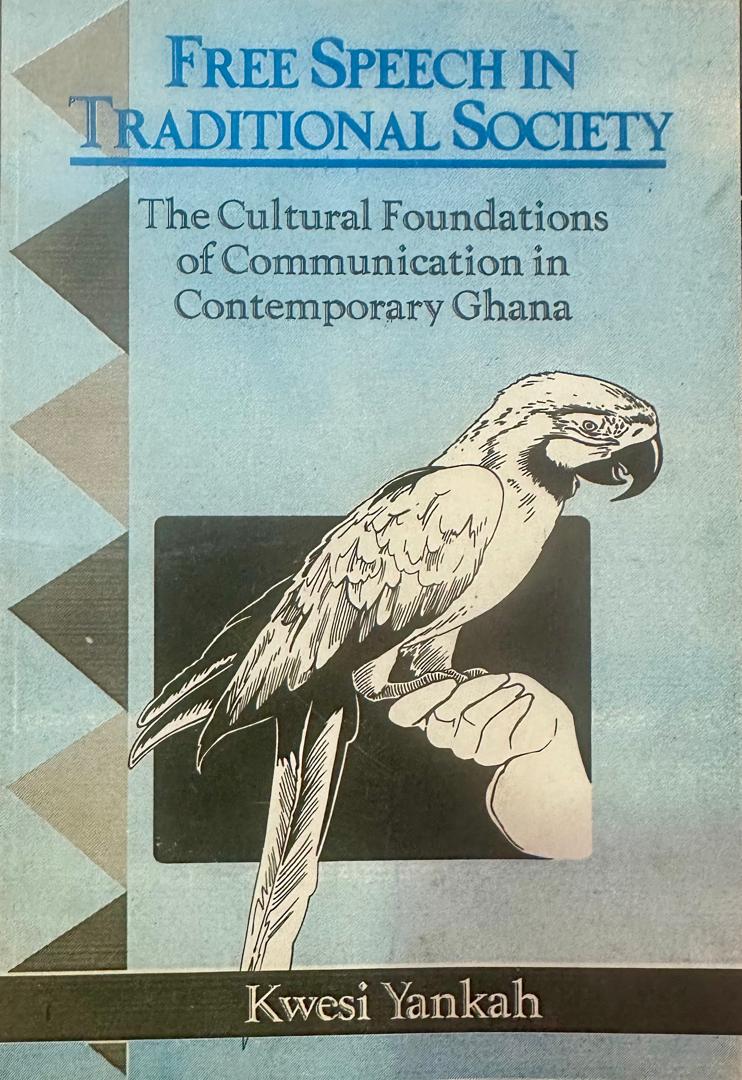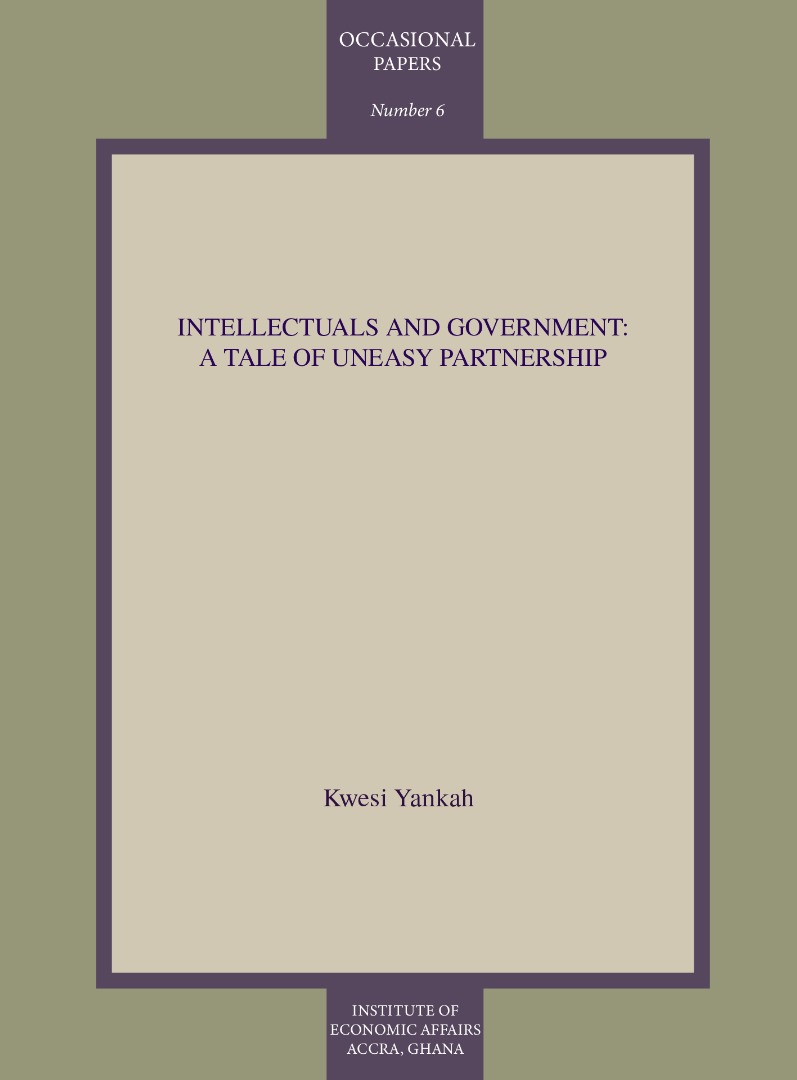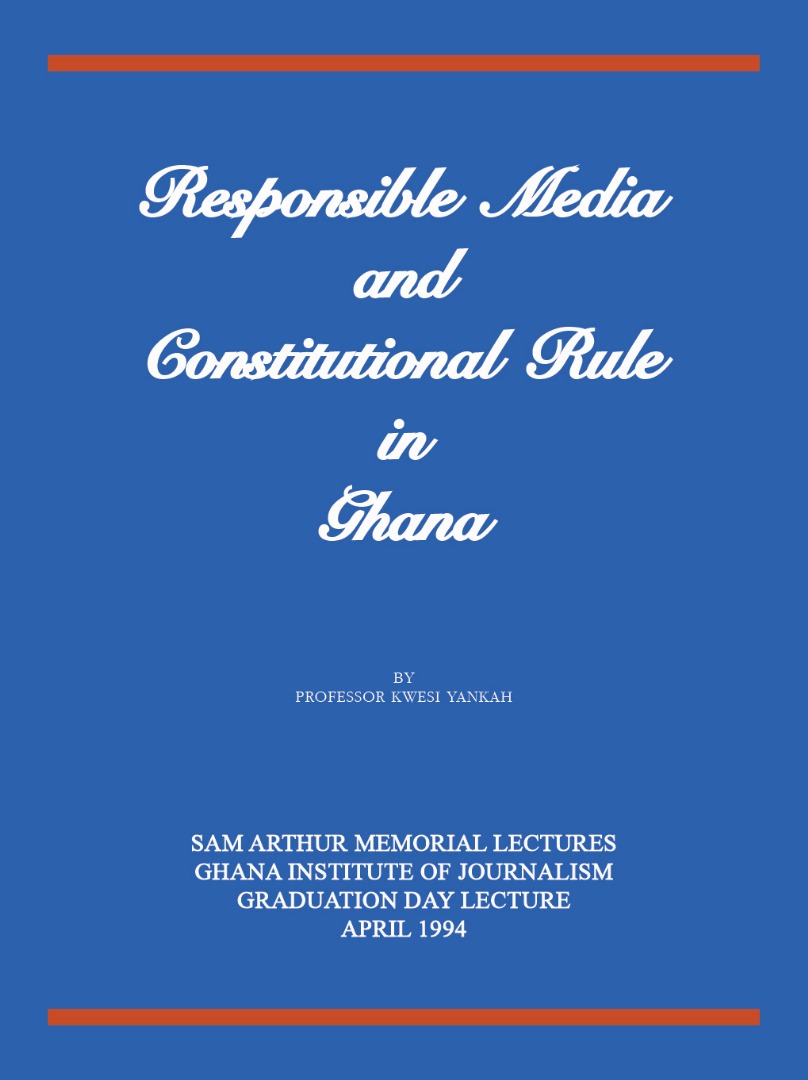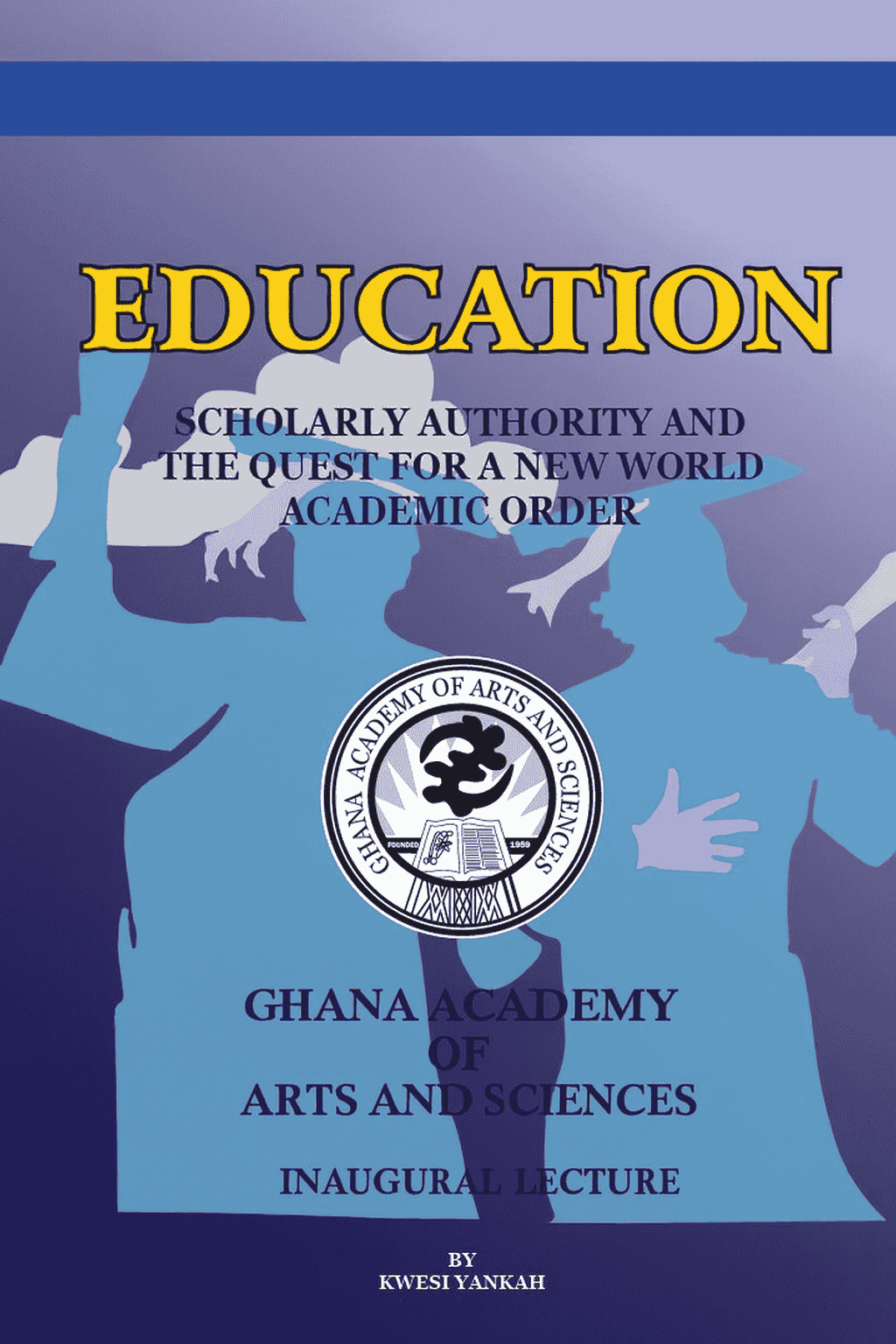Description
"Language, the Mass Media and Democracy in Ghana" examines how language choices in the media impact democratic participation and national identity. The text explores the dominance of English in Ghana's mass media and political discourse, noting how this often marginalizes large segments of the population who are more fluent in local languages. This language barrier can limit access to information, civic engagement, and the ability of citizens to participate meaningfully in national debates and decision-making.
The work also discusses the potential of indigenous languages to strengthen democratic processes by making media and political communication more inclusive and accessible. It highlights the role of radio, particularly local-language radio stations, in bridging the gap between the state and ordinary citizens. By using familiar languages, the media can empower communities, encourage public dialogue, and foster accountability. The text ultimately calls for a more linguistically inclusive media landscape that reflects Ghana’s multilingual reality and supports a more participatory democracy.
